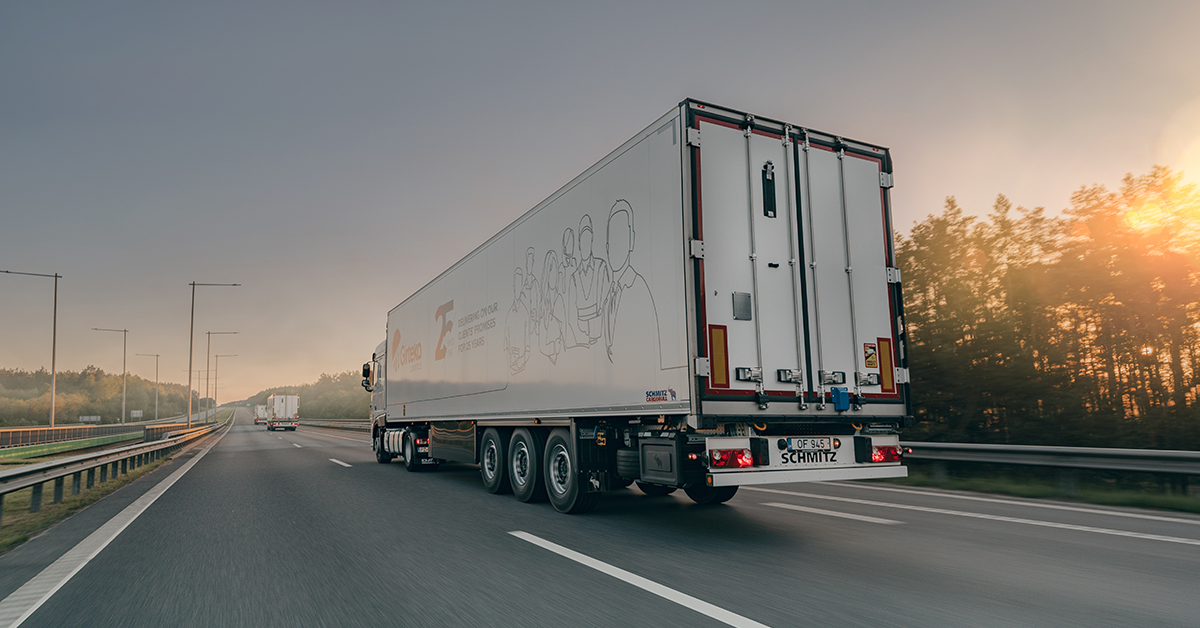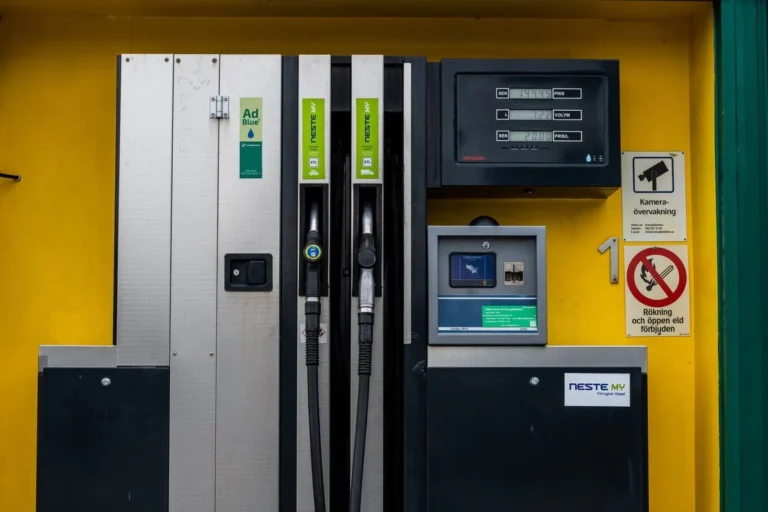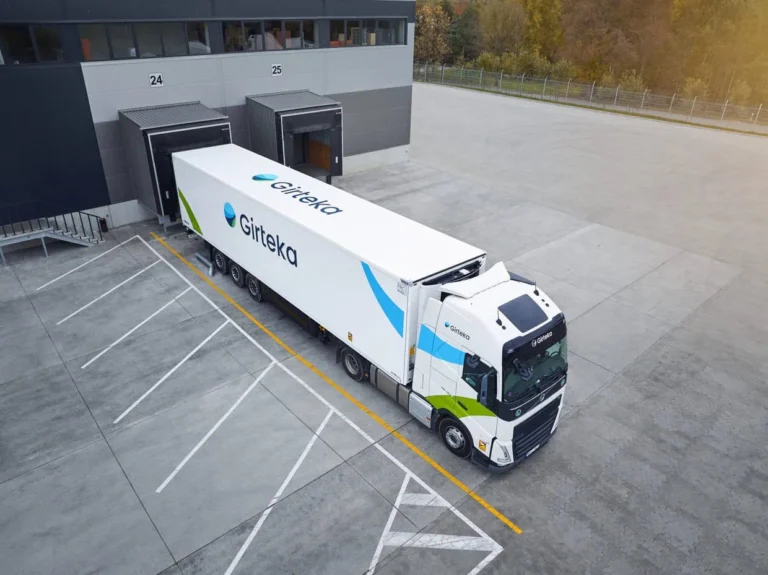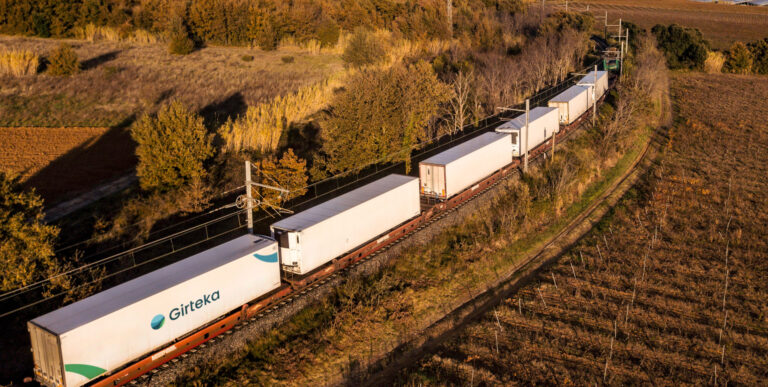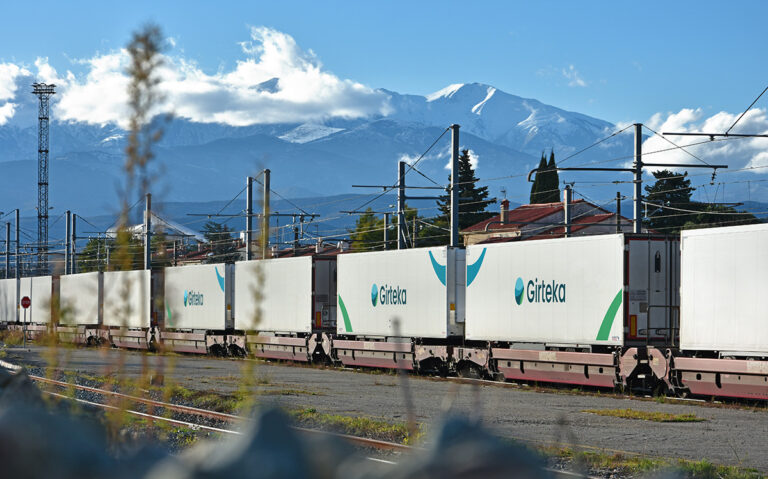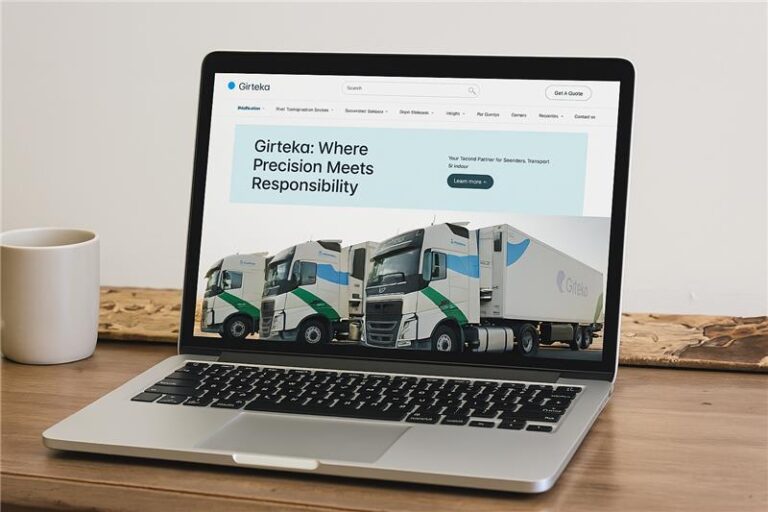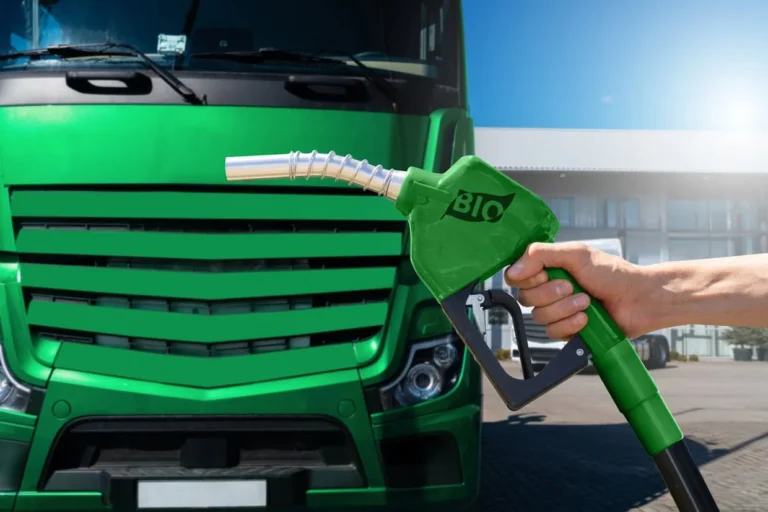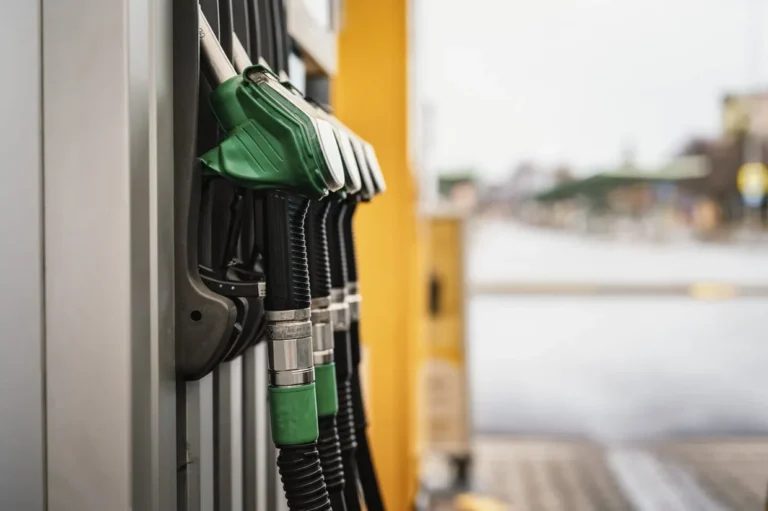Whenever a business looks to move its goods on the road, whether it’d be food products, electronics, or retail goods, on a full truck load (FTL) delivery, there are a few options available at hand. Namely, contractual, short-notice and SPOT deliveries.
While the three different types of agreements have their variances, they achieve the same goal – moving your products to your desired location. The type of agreement that you chose can depend not only on your needs and wishes, but circumstances could also influence that decision. If suddenly you foresee unprecedented demand for your products, yet you do not have a contractual agreement with a logistics provider, more likely than not, your hand will be forced to look for a short notice or a SPOT delivery.
If you are able to predict the demand for your goods, and in turn, a dip in demand, you can plan how much capacity you will need. Thus, it is much easier to come to an agreement with a logistics provider, as you exactly know how much full truck load (FTL) deliveries you will need to be able to satisfy the demand for your manufacturer goods and your final customer.
Guaranteed capacity
Nevertheless, SPOT and short-notice at first glance, offer a more budget-friendly solution, as logistics providers themselves might face unprecedented circumstances. A case in point could be overcapacity, as road transportation companies would look to move their trucks away from a certain region where they have an overflow of trucks.
As a result, to mitigate that overcapacity, carriers could offer the capacity at a discount in order to not drive empty kilometers to its next loading site or to a region where there is a lack of trucks. However, those discounts have limited availability, in terms of the total capacity and the time they are available. As a result, while hunting them might look like an attractive proposition, due to the near-constant price fluctuations and the lack of guaranteed capacity, they might not bring the benefits that you think.
On the other side of the spectrum, with contractual deliveries, you get exactly what you signed up for, including the fact that, unless something goes sideways, you have the assurance that your goods will reach the end-consumer.
Tailored solution
Subsequently, not only you can guarantee yourself the number of trucks, but the type of trailers you will get.
For example, if you’re looking to ship fresh food and there are no available refrigerated trailers available on a short notice, you have a problem. After all, these are the products that have a limited shelf life and if you can’t move them in time, or under proper conditions, they can potentially lose their qualitative characteristics As a result, your final line can showcase a negative trend, despite your best effort to save on costs by choosing to hunt for short notice or SPOT deliveries.
With contractual deliveries, you can be assured that the type of trailer for your goods will be tailored to exactly your needs, whether you need to ship fresh food or high-value goods. Thus, a contract with a logistics provider assures that you have a desirable solution to carry your products on a trailer.
Furthermore, if you require a custom-made solution, like to move goods faster than usual, a contracted logistics provider, more often than not, will be able to provide a tailored delivery product and perhaps more inclined to do so. So, if during your peak harvest season you need to move your fresh produce as fast as possible to maintain its shelf life, it is much easier to do when you have a guarantee of capacity from a provider.
For example, Girteka Logistics, which is the largest asset-based logistics provider in Europe with over 8,000 trucks and 8,700 trailers in its fleet, can provide flexible and tailored logistics solutions, including the ability to move your goods either quicker or on the intermodal rail network, just to pinpoint a few of the services the company provides to its customers.
Ease of growth
Naturally, as businesses want to grow their manufacturing output, or their scale sales as an e-commerce company, having a reliable and a trusted logistics partner is almost a must. After all, a contractual agreement brings mutual benefit – a shipper has a reliable way of shipping his goods accordingly, while a carrier is able to secure a steady stream of revenue in order to ensure the maximum utilization of its assets.
That is further cultivated as both the shipper and the carrier look to grow in terms of their yearly revenue and output. With a contractual agreement, looking towards the future, and planning full truck load (FTL) deliveries correspondingly, becomes a much easier process than compared to working with short-notice agreements. That is due to the fact that from a carrier’s point of view, predicting how much capacity a customer, which works on a short-notice basis, is much more difficult compared to customers who have a continuous relationship, as there is less historical data to base the predictions on.
From a shipper’s point of view, there is no doubt that one of the most important parts of the manufacturing process is that your goods, whether they are moved from a primary source or are being transported to the final consumer, reach their destination in one piece, as well as on a timely manner. Reducing the risk throughout the supply chain is a must, especially as the world was forced to bear the unfortunate change following the breakout of COVID-19. While hunting for the cheapest price via short-notice or SPOT full truck load (FTL) deliveries can bring financial benefits on the surface, they can provide below-the-surface issues, as the level of service between shippers can differ vastly.
Still, a short-notice or SPOT delivery can be a great way to break the ice and move towards a constant relationship that benefits both sides of the equation, especially if the two sides found equal partners at the other end of a phone call. Signing a contract for your full truck load (FTL) deliveries means having a logistics partner that can guarantee the capacity that you need, no matter how unique your requirements are, as well as the ability to foster that relationship and make sure it develops as both companies continue on their path of growth.
